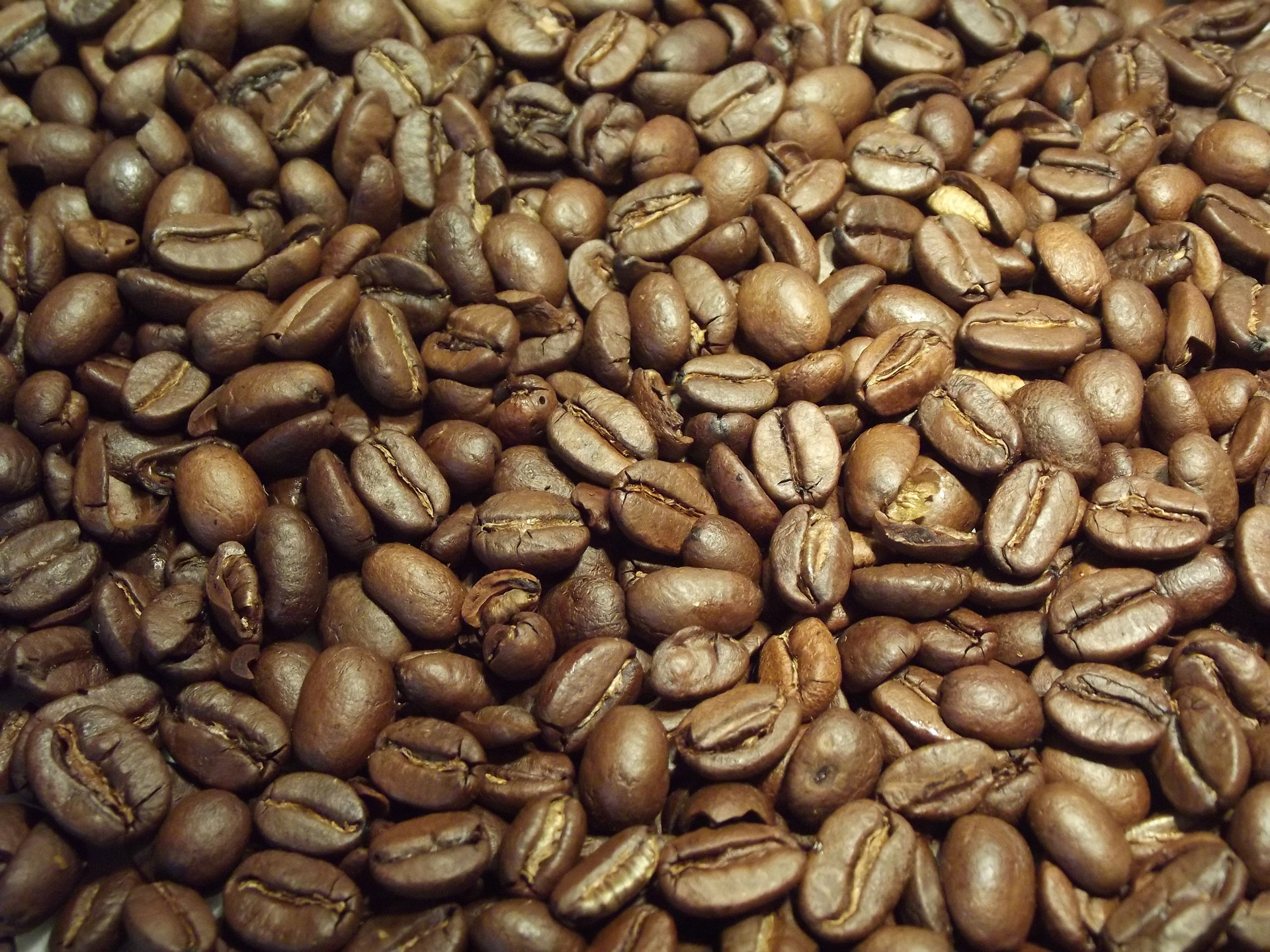Beginning at Coffee to Brew: A Journey Across Coffee Origins

Java is more than just a early pick-me-up; it's a rich tapestry of culture, legacy, and innovation. From the fertile lands where coffee seeds are grown to the talented baristas who create the perfect brew, understanding the story of coffee is essential for every enthusiast. This discovery not only celebrates the taste and scent of coffee but also sheds light on the detailed processes involved in bringing your beloved drink to life.
In this article, we will examine the intriguing world of coffee provenance. We’ll investigate everything from coffee cultivation and sourcing practices to the latest trends and developments in the coffee world. Whether you're a coffee lover seeking the best coffee blogs or a casual sipper wanting to learn about coffee cooking techniques and brewing methods, there's something here for everyone. Join us as we uncover the layers of coffee heritage, from the bean to the mug, and discover what makes each sip so unique.
A Journey of Coffee Beginnings
The journey of coffee starts on the verdant slopes of regions renowned for their outstanding cultivating conditions. Java plants thrive in areas with fertile earth, consistent climates, and sufficient precipitation. Ethiopia is widely regarded the birthplace of coffee, where legend has it that a shepherd named Kaldi discovered the energizing properties of the coffee cherries. In present times, coffee farms continue to thrive in nations across Africa, Central and South American countries, and Asia, each adding distinct taste characteristics influenced by their local ecosystems.
When java transitions from farm to mug, the processes of picking and preparation play a crucial part in defining its ultimate character. After the beans are picked, they go through methods such as washing or natural dehydration to improve taste and standard. This stage of coffee production is not just about logistics; it's an integral dialogue between the environment and the farmer's craftsmanship, which is often discussed in agriculture updates and gourmet coffee blogs. Understanding these processes helps coffee lovers appreciate the complex journey their favorite beverage has traveled.

After prepared, the beans are meticulously roasted, a crucial stage that reveals their full potential. Cooking alters the green beans, permitting for the creation of intricate tastes and scents that are essential to the coffee drinking experience. Various roasting techniques can cater to particular tastes, making the world of coffee roasting a fascinating subject often discussed in coffee roasting blogs and coffee reviews blogs. The craft of roasting not only showcases the beans' roots but also mirrors the varied tastes of coffee drinkers globally, uniting them through a common passion for this remarkable beverage.
Coffee Brewing Methods and Advice
The skill of coffee brewing is as multifaceted as the beans themselves, with numerous methods to explore. From the classic drip coffee makers to the intricate pour-over methods, each brewing method reveals distinct flavors and qualities from the coffee. For those looking to explore the nuances of their brew, experimenting with different grind sizes and water temperatures can greatly impact the extraction result. Understanding how these variables interact can improve any coffee experience, making it beneficial to delve into various brewing techniques.
For enthusiasts eager to refine their skills, mastery of the French press is a satisfying starting point. This method allows for full immersion, which results in strong and rich flavors. To achieve the best results, it is suggested to coarsely grind the coffee and let it steep for about 4 minutes before pressing down the plunger. Additionally, keeping an eye on the coffee-to-water ratio can make a significant difference; a common guideline is to use 1-2 tablespoons of coffee per six ounces of water. Such guidelines not only enhance the brewing process but also lead to a deeper appreciation of the coffee itself.
Staying abreast with the latest coffee news can open avenues for exploring creative brewing techniques and styles. Engaging with coffee blogs and forums promotes community discussions where fans share their experiences and tips, from addressing common brewing issues to discovering new tools. For those passionate about both quality and sustainability, embracing the importance of sourcing and using sustainably sourced coffee can elevate the brewing experience. Ultimately, exploring these techniques and insights can change routine coffee-making into an pleasurable ritual.
Sustainability in the Coffee Industry
Eco-friendliness has become a crucial focus in the coffee industry as consumers increasingly demand ethically sourced products. CoffeeHype of coffee farming on the environment, from forest clearing to water usage, has led to a rise in efforts aimed at promoting sustainable practices. Coffee producers are now exploring methods such as canopy-grown coffee, which enhances biodiversity, and organic farming techniques that reduce chemical usage. These changes not only preserve the environment but also enhance the quality of the coffee, coinciding with the trends seen in specialty coffee blogs and coffee reviews.
Additionally, many coffee brands are committed to equitable trade practices that ensure farmers receive a fair wage. This aspect of sustainability goes beyond environmental concerns and addresses community fairness within the coffee supply chain. By supporting farmers through close trade partnerships and community development projects, the coffee industry fosters a more sustainable future. Recent coffee news presents numerous brands incorporating these practices, showcasing a growing movement towards transparency and responsibility in coffee sourcing.
As consumers become more engaged with coffee culture, they are more often interested in the origins of their favorite brews. This has spurred a surge in coffee education, with blogs and articles focusing on the health benefits of coffee, coffee recipes, and brewing techniques that embody sustainable practices. The awareness of sustainability in coffee is crucial, as it not only influences purchasing decisions but also cultivates a broader understanding of coffee origins, ultimately leading to a more conscientious coffee community.
